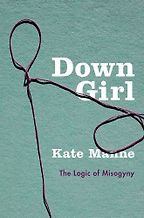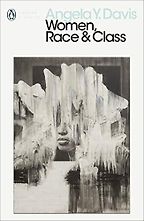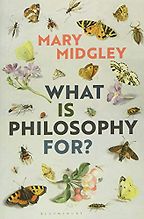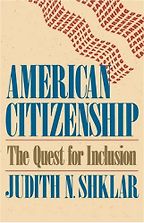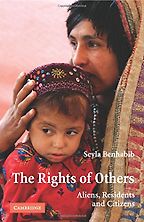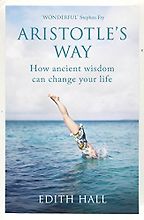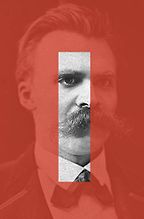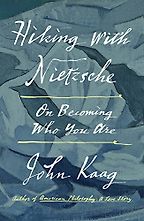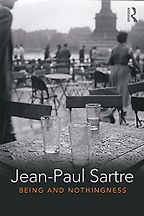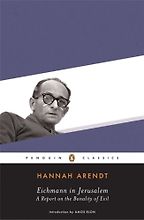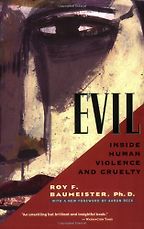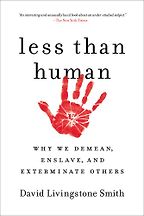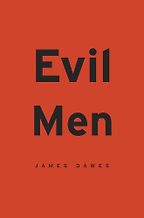Books by Kate Manne
“We chose the book, firstly, because we both love it as a book. It’s a really good example of a book that’s incredibly powerful, and both academically rigorous and accessible. That combination is one of the reasons I think it has been so successful. Another reason I like this book—which ties in with the first, and Manne talks about herself in the book—is that discussions around misogyny or sexism can become so fraught. I think applying this strict, analytical lens to that kind of debate and discussion is very satisfying because it really helps to clarify the concepts that are so often either misconstrued or misunderstood in these kinds of debates. Also, some of the concepts she articulates, ‘himpathy’ being the most notable example, have really caught on in popular culture, which again, I think, is a credit to her innovative analysis.” Read more...
Interviews where books by Kate Manne were recommended
The Best Philosophy Books by Women, recommended by Lisa Whiting & Rebecca Buxton
When it comes to the big names in philosophy, very few people think of women and the books that make the canon have, traditionally, almost always been written by European or American men. Here, Rebecca Buxton and Lisa Whiting, editors of The Philosopher Queens, a book that collects together articles about the most important women philosophers, talk through their selection of the best philosophy books written by women.
-

1
Down Girl: The Logic of Misogyny
by Kate Manne -

2
Aristotle's Way: How Ancient Wisdom Can Change Your Life
by Edith Hall -

3
I Am Dynamite!: A Life of Nietzsche
by Sue Prideaux -

4
Hiking with Nietzsche: On Becoming Who You Are
by John Kaag -

5
Being and Nothingness
by Jean-Paul Sartre & Sarah Richmond (translator)
The Best Philosophy Books of 2018, recommended by Nigel Warburton
The Best Philosophy Books of 2018, recommended by Nigel Warburton
What can Nietzsche and Aristotle teach us about how to live? Should everyone read Being and Nothingness? From a philosophical approach to misogyny to an interrogation of whether it’s morally acceptable to have a Facebook account, philosopher Nigel Warburton introduces us to the best philosophy books of 2018.
The best books on Cruelty and Evil, recommended by Paul Bloom
How do evil-doers justify their behaviour? A common view of evil sees dehumanisation as fundamental. Yale psychologist Paul Bloom argues, however, that the picture may not be so simple. The most callous acts of cruelty and evil involve recognising the human feelings of the victim, their ability to feel shame and humiliation.
